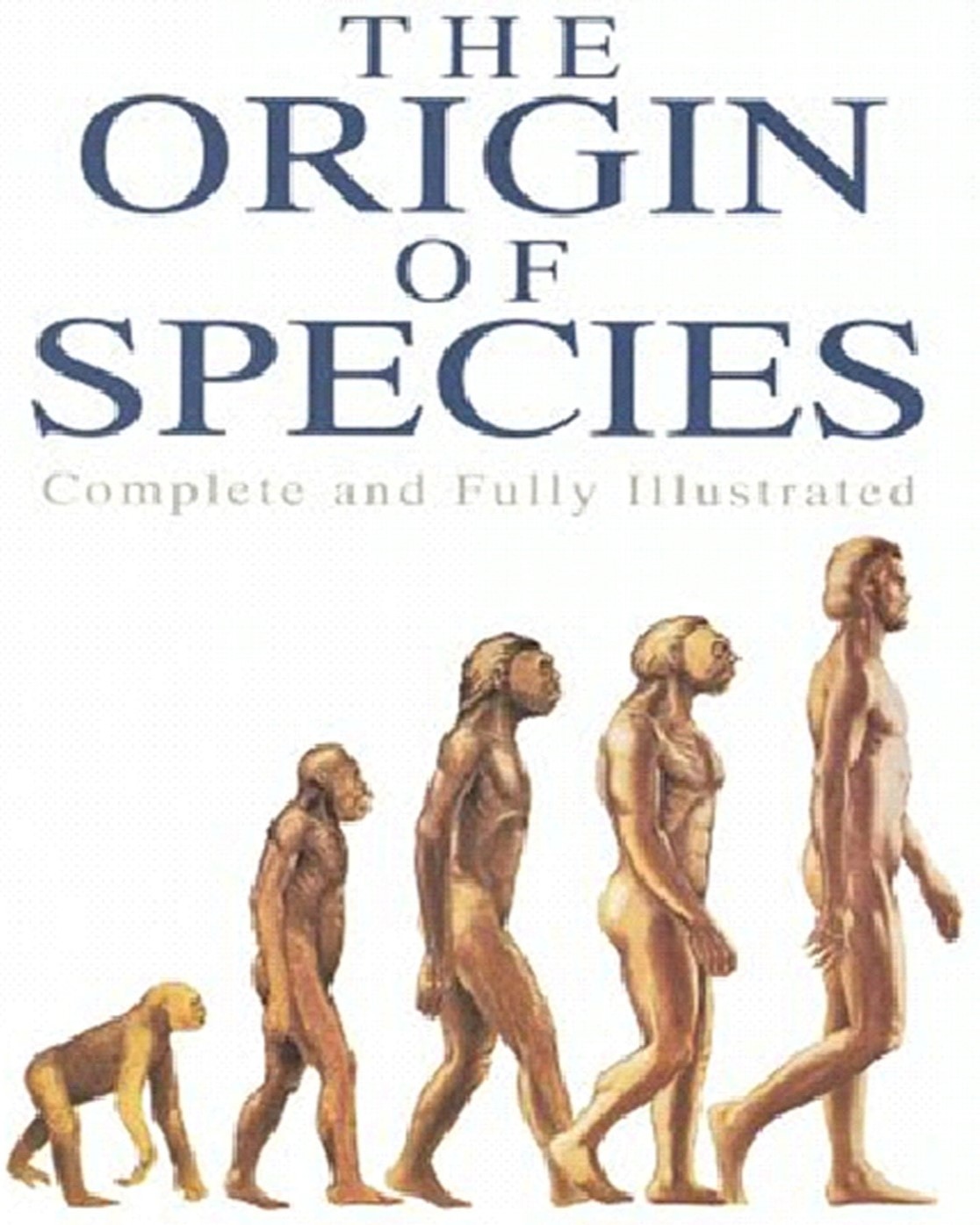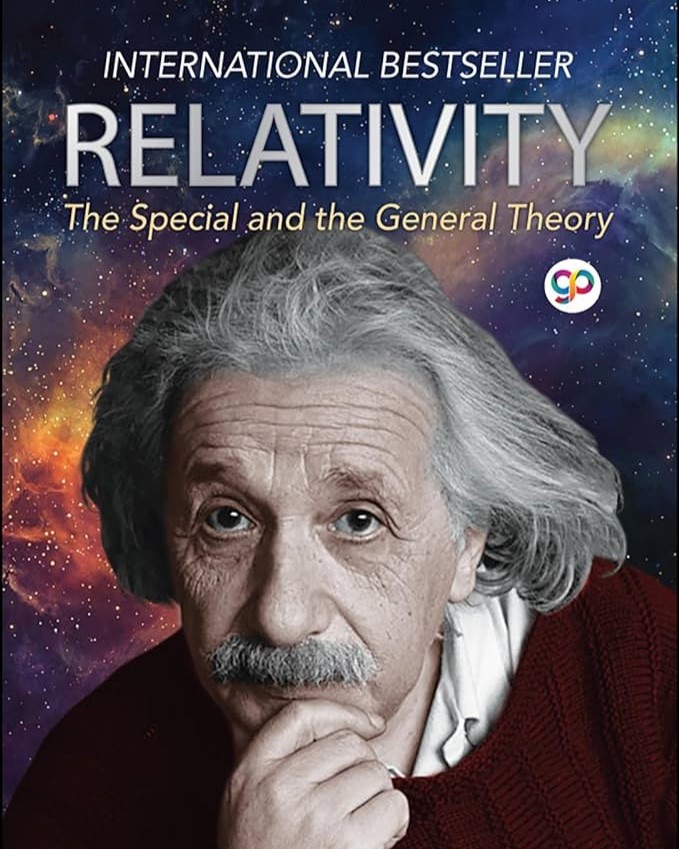Description
Charles Darwin’s “On the Origin of Species” stands as one of the most influential works in the history of science. Published in 1859, this groundbreaking book revolutionized our understanding of life on Earth and laid the foundation for modern evolutionary biology. Darwin’s meticulous observations, meticulous reasoning, and bold theories challenged long-held beliefs about the origins of species, sparking a scientific revolution that continues to shape our understanding of the natural world today.
Synopsis: In “On the Origin of Species,” Darwin presents his theory of evolution by natural selection, a concept that forever changed how we perceive life’s diversity. Drawing from his observations during his voyage on the HMS Beagle and subsequent research, Darwin argues that species evolve through gradual modification and adaptation to their environment. Central to his theory is that organisms with advantageous traits are more likely to survive and reproduce, passing those traits on to future generations.
Key Themes:
- Natural Selection: Darwin introduces the concept of natural selection as the mechanism driving evolutionary change. He illustrates how variations within species lead to differential survival and reproduction, ultimately shaping the characteristics of populations over time.
- Common Descent: Darwin proposes that all living organisms are descended from a common ancestor, highlighting the interconnectedness of life on Earth and the unity of the natural world.
- Adaptation: Darwin emphasizes the role of adaptation in species survival, demonstrating how organisms evolve traits suited to their specific environments through natural selection.
- Struggle for Existence: Darwin describes the fierce competition for resources among organisms, illustrating how environmental pressures drive the evolutionary process and shape the diversity of life.
Impact and Legacy: “On the Origin of Species” sparked intense debate and controversy upon its publication, challenging religious and scientific orthodoxy. However, its profound insights and wealth of evidence gradually won over the scientific community, paving the way for the widespread acceptance of evolutionary theory. Darwin’s work revolutionized biology, providing a unifying framework for understanding the diversity of life and inspiring generations of scientists to explore the mechanisms of evolution.





Evelyn –
Darwin’s ‘On the Origin of Species’ is a seminal work that has stood the test of time. His revolutionary ideas about evolution and natural selection continue to shape scientific discourse more than a century after its publication. What I found most captivating about this book is Darwin’s ability to weave together evidence from diverse fields, including geology, paleontology, and embryology, to support his theory.
Jibrin –
Darwin’s ‘On the Origin of Species’ is a timeless classic that continues to shape our understanding of biology and the natural world. His meticulous observations and rigorous scientific reasoning lay the foundation for modern evolutionary theory. What sets this book apart is Darwin’s ability to communicate complex ideas in a clear and accessible manner, making it accessible to readers of all backgrounds.
Tukur –
Reading ‘On the Origin of Species’ was a transformative experience for me. Darwin’s elegant prose and compelling evidence for the interconnectedness of all life forms left me in awe of the beauty and complexity of nature. His theory of evolution by natural selection provides a unifying framework that illuminates the diversity of life on Earth.
Saminu –
Darwin’s ‘On the Origin of Species’ is an absolute masterpiece that forever changed our understanding of the natural world. His meticulous observations, compelling arguments, and groundbreaking theory of evolution by natural selection are presented with clarity and precision. This book is not only a cornerstone of modern biology but also a testament to the power of scientific inquiry.